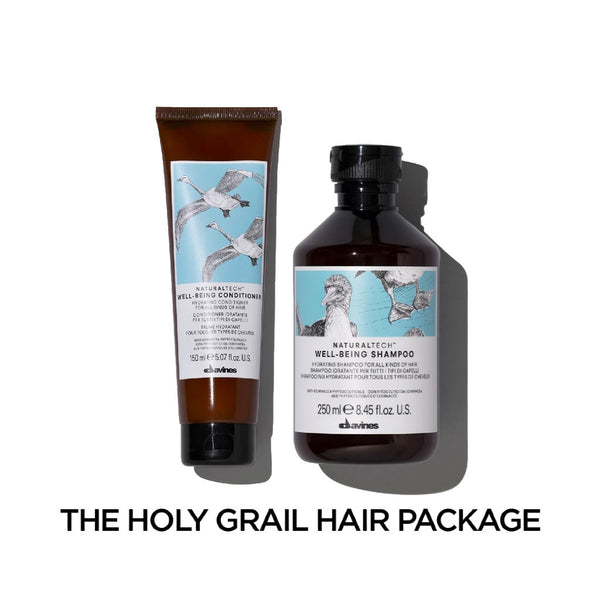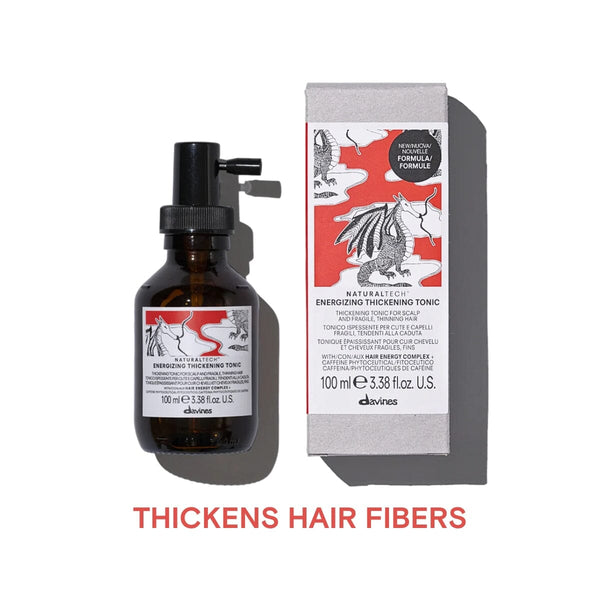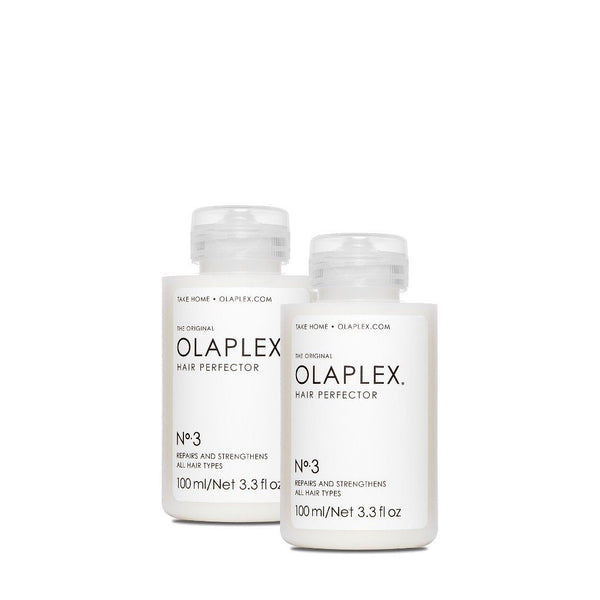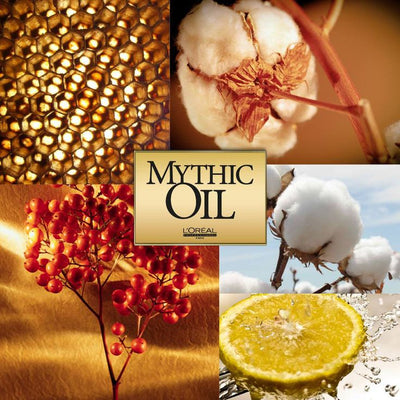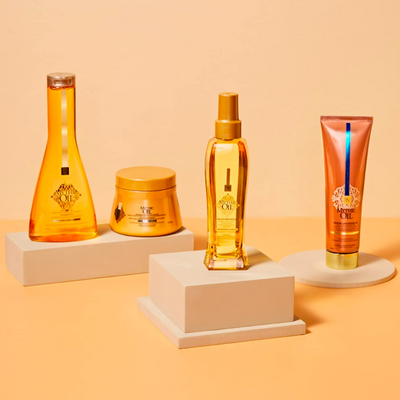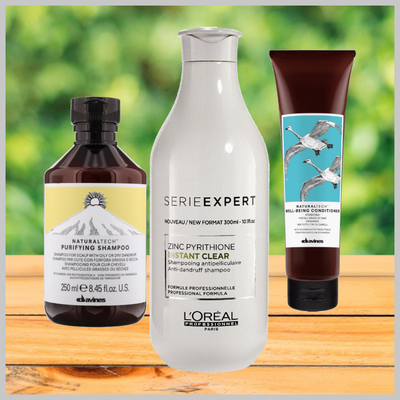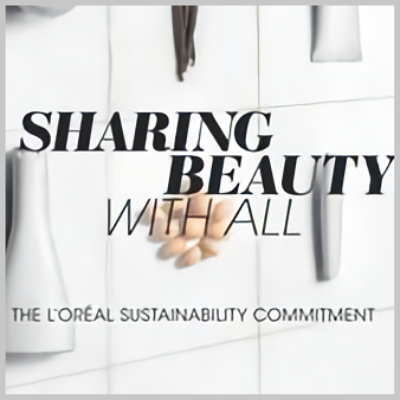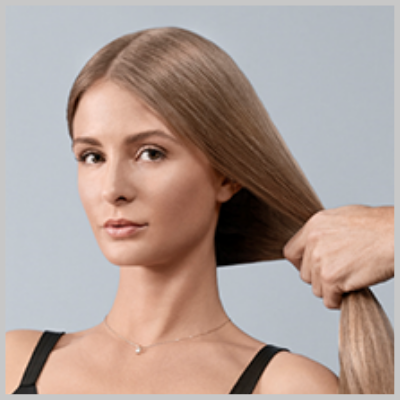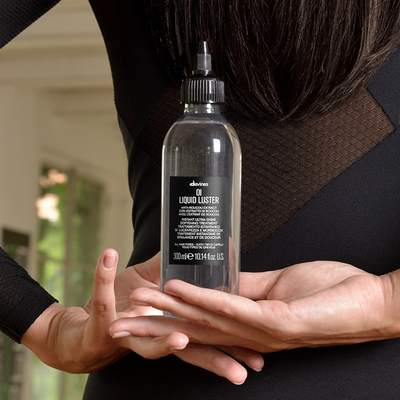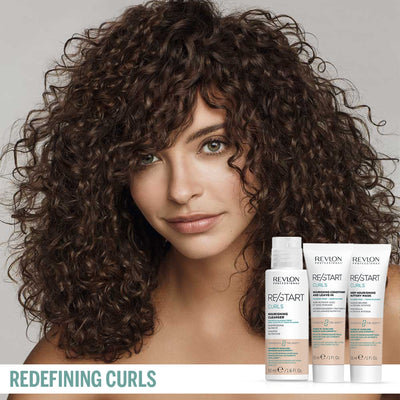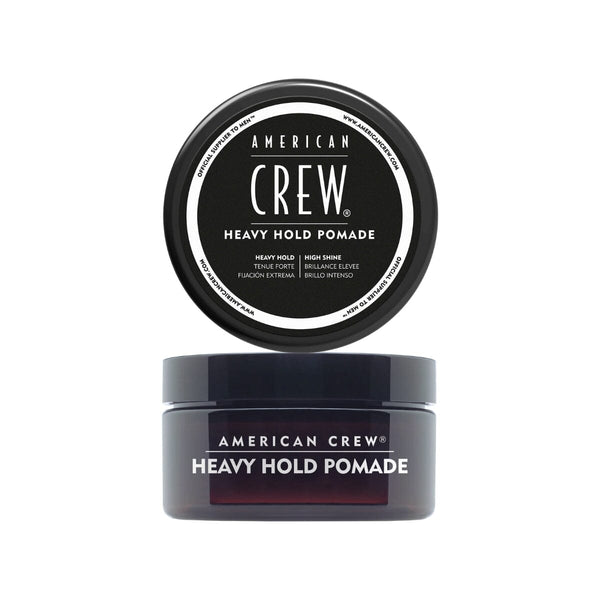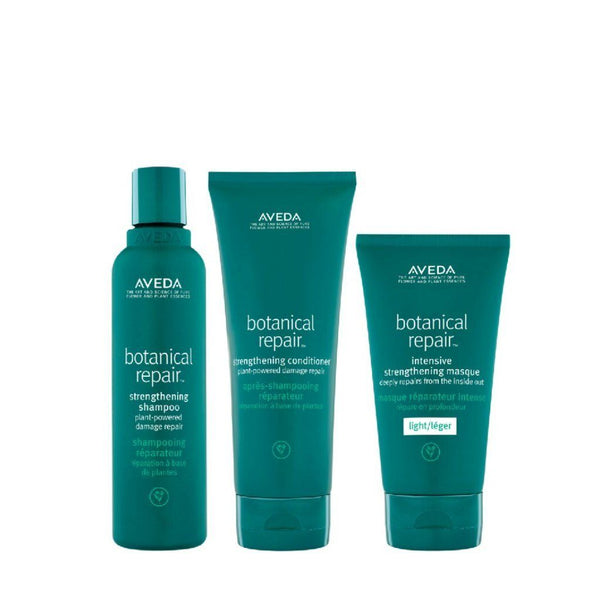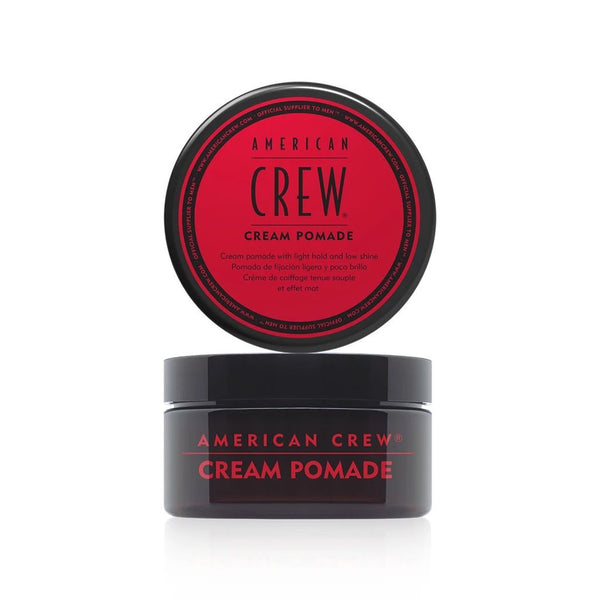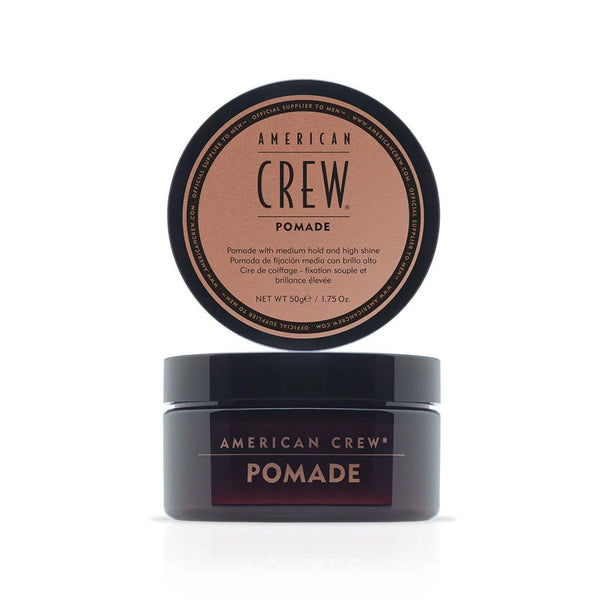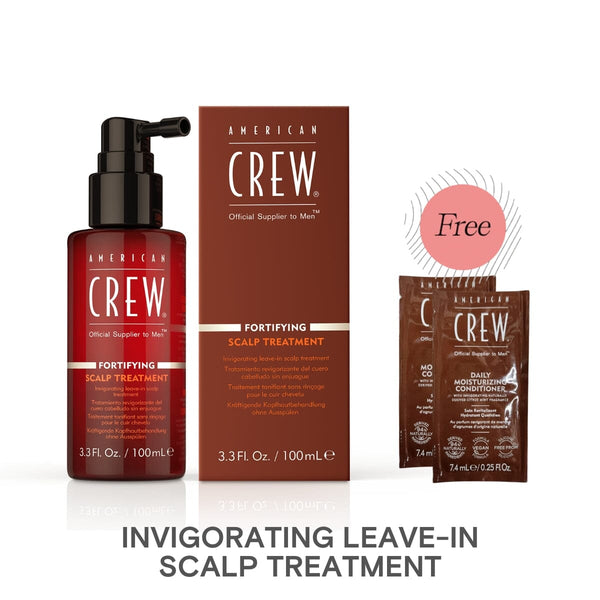From beauty bloggers to hairdressers and even international stylists, it's become a go-to product for healthy-looking luminous hair. But what is hair oil, how do you use it, and which hair oil is the best for your hair type? All the answers for you to make the best decision, here.

Hair oils are oils extracted from a variety of plants, herbs and fruit. Highly concentrated in natural nutrients, different types of hair oil have been used over the centuries to promote healthy-looking, shiny hair.
What are the benefits of Hair Oil?
Applying hair oil on a regular basis can enhance lubrication of the shaft and help prevent hair breakage. As well as preventing split ends, the right hair oil also gives hair radiant shine, detangles, and can enhance your hair colour.
Will Hair Oil Make My Hair Greasy?
A common misconception is that hair oil will make your hair look and feel greasy, which it actually won't, unless you apply too much to the roots. The real cause of oily-looking hair is usually the scalp's overproduction of sebum. A hair oil with the right properties could even help rebalance this overproduction and reduce greasy hair days.
Why Use a Hair Oil?
The right hair oil depends on your hair type and concerns. The most common problems are dryness, a loss of shine, greasiness, a lack of volume and damaged hair.
1/ Dry and Dull
Hair that has lost its shine due to dryness can really benefit from a hair oil to add shine and suppleness to the hair. L'Oréal Huile Original Mythic Oil, P1,099 will not only smooth the cuticle to combat frizz but has added heat protection, to prevent damage and dehydration when styling.
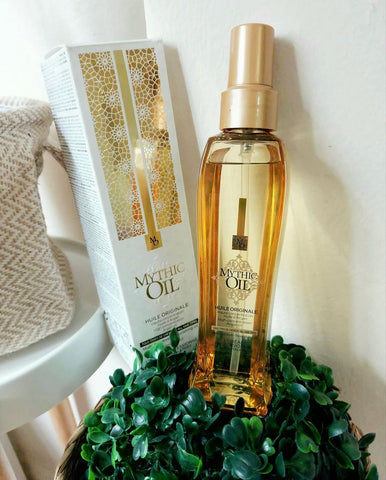
2/ Greasy and Limp
If your hair quickly becomes greasy and loses volume, don't slip into the easy habit of over-washing, which risks the scalp going into sebum production overdrive. Instead, look for haircare that contains strengthening oils such as argan oil, which may help rebalance the scalp's sebum levels.
3/ Dry and Damaged Hair
Hair can become damaged from over-styling and environmental aggressors such as the sun, wind and pollution. For split ends, nut and mineral oils can be very effective, while for smoothing damaged hair that suffers from frizz and flyaways, mineral oil and sunflower can enhance shine and diminishing friction to avoid hair damage.
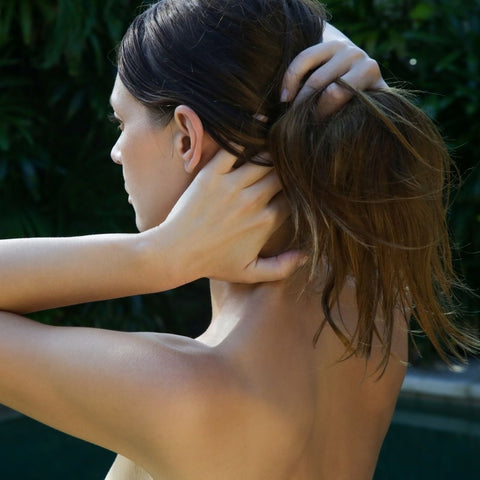
How to Use L'Oréal Huile Original Mythic Oil
There are different ways you can use a hair oil. On wet hair, you can lock in precious moisture by applying a few drops along the lengths and ends, making sure you distribute evenly, before drying. On already-dry hair, hair oil can help smooth down any frizz or flyaways, and is particularly good for adding shine to curls and waves.

How often you should apply hair oil depends on your hair type and needs. Some people apply a few drops every time they wash their hair, whereas others only reach for the oil if their hair is feeling particularly dry. Only a few drops are necessary thanks to hair oil's high concentration.
Try introducing a hair oil into your haircare routine and enjoy glossy, smooth and healthy-looking hair!
Read More Here - https://www.lorealprofessionnel.co.uk/hair-advice/hair-care-advice/all-about-hair-oils







